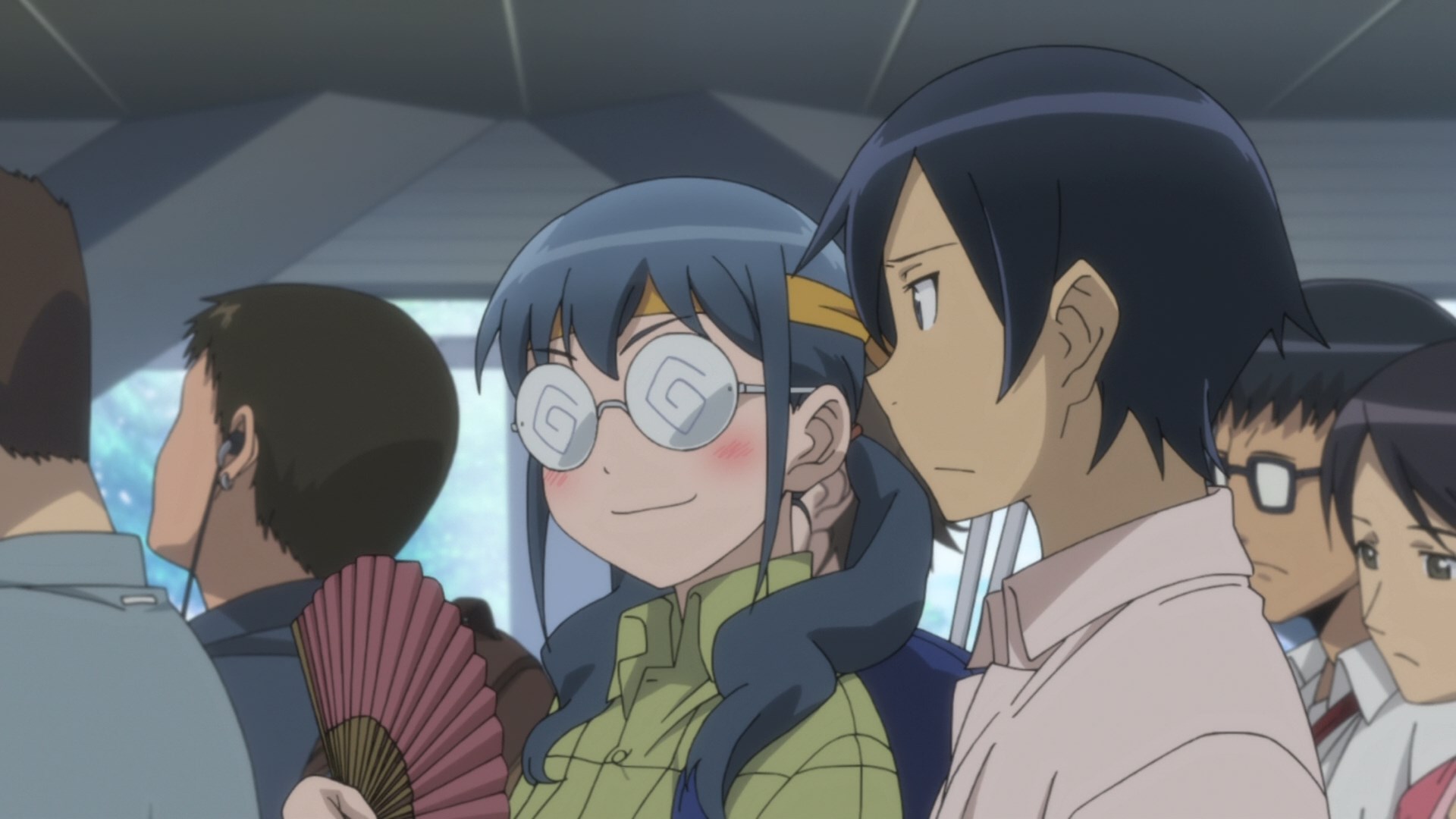Continued from Part 2
“Nerds” and Identity Politics
The identity politics surrounding the terms “geek” and “nerd” are different from those surrounding “otaku.” Where “otaku” started as a derisive, but ultimately neutral term that the news media would eventually attempt to mold into a term of vilification, “geek” and “nerd,” as identities, were initially based in seeking refuge from persecution through forming a community. This is the reason vetting practices are common amongst nerds. Many believe that anyone who hasn’t experienced the same kind of social ostracism or bullying can’t truly identify with the nerd experience. This has especially become an issue as “geek culture” has become more and more mainstream. As formerly fringe popular culture (Videogames, comic books, etc.) has edged its way into the public consciousness, individual works and groups of works within those mediums became more accessible.
Certain comics have become major blockbuster films. Certain videogame franchises have become the biggest media releases of their eras. This has meanwhile pushed a perspective that paints “comics,” generally, and “videogames,” generally, as mainstream, regardless of the fact that the vast majority of works in both of those mediums are still unknown to those not heavily embedded in those subcultures.
This dynamic alienated those who are already deep into those communities. An influx of people entered the subculture through the trendiness of certain works within it, without the social stigma that used to be associated with enjoying the media involved, and this challenged the geek/nerd identities of those already long-time fans.
As a result, “geek” and “nerd,” as well as plenty of more specific terms like “gamer” and “brony,” became mired in identity politics. Those who had remained fans despite social ostracism were alienated by newer fans, claiming that the new fans did nothing to build the community and are just trend-jumping. At the same time, newer fans were alienated by the older fans, claiming that the older fans are trying to be “gatekeepers,” or that they’re simply elitist.
Otaku and Identity Politics
Otaku interests have always been fringe, or at the very least, the extent of their interests has always been fringe. Their subculture never went through the kind of upheaval that “geek culture” underwent. Rather, it received mixed praise and criticism from those on the outside looking in, while small, intermittent internal battles occurred within the subculture.
Without the extended internal questioning about otaku identity, nor any immediately visible effort to enforce standards of behaviour or change their image to the outside world, the otaku community invites a lot of skepticism and criticism from the outside looking in. From the critical analysis of academics to the Western fandom narrative about otaku that started this series of articles in the first place, the refusal to internally define otaku beyond a broad definition created a void that was filled by critical analyses from academics like Hiroki Azuma and the media vilification of otaku from the late ‘80s and early ‘90s. That’s what the Western fanbase ended up picking up on.
Continued in Part 4


